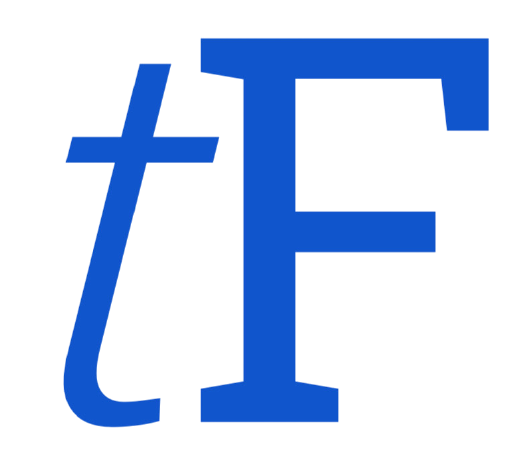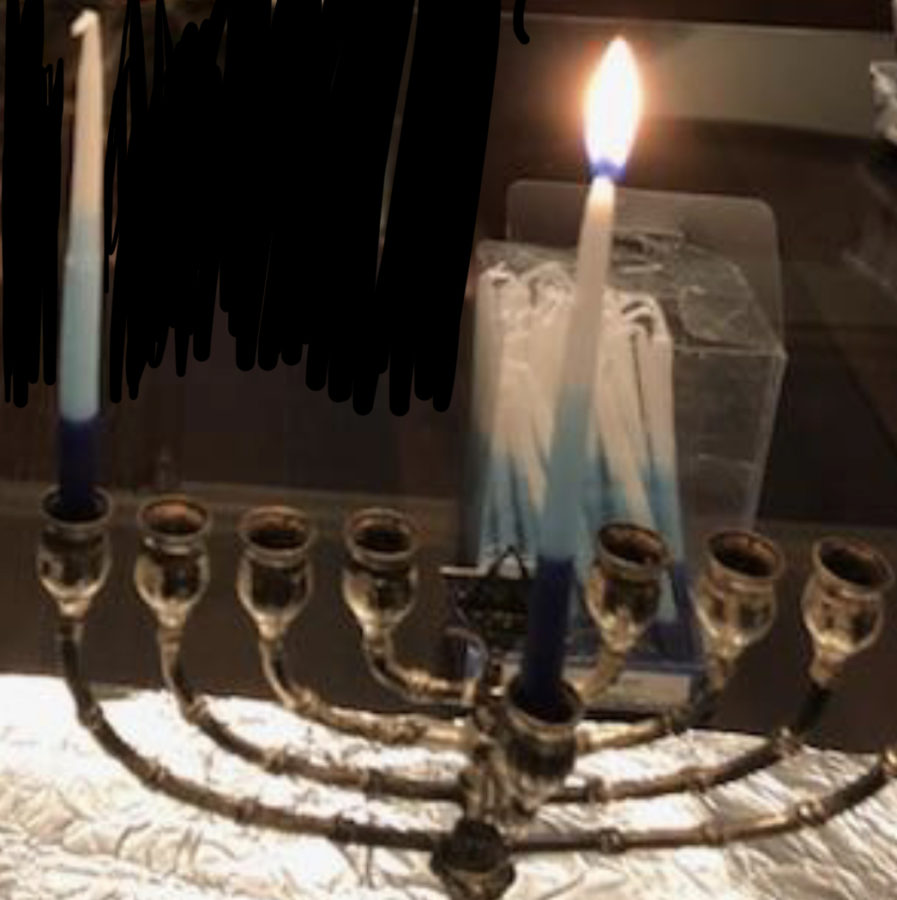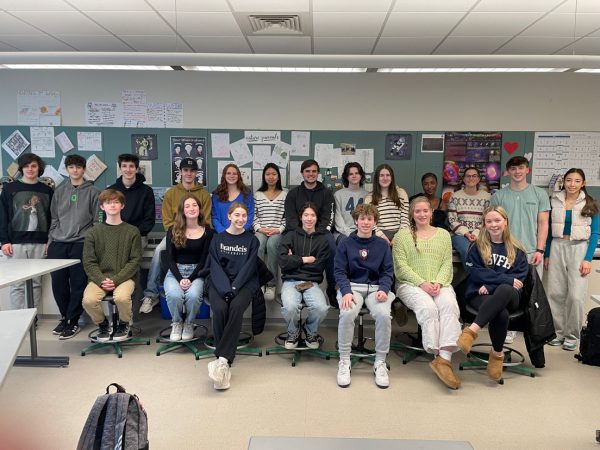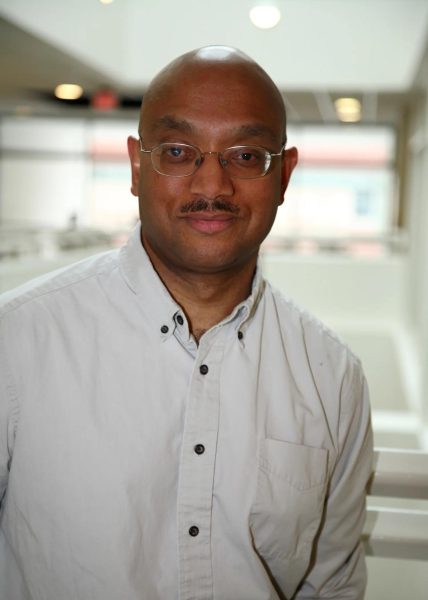History Behind Hanukkah Traditions
The word Hanukkah means rededication, referring to the rededication of a sacred temple after long years of war. It begins on the 25th night of the month of Kislev. In truth, Hanukkah is not an important holiday. People often think of it as the Jewish version of Christmas, and while they are around the same time of year, they have different stories. Between 100 and 200 BC, Israel, then called Judea, was ruled by a Syrian king, Antiochus IV. When he came to power, Jews were not allowed to practice their religion. Troops were sent to destroy their temples, and priest-like Jewish families rose up against the king. One of these families was particularly important: the father was named Mattathias, and he had five sons. As the war raged on, Mattathias perished. His son Judah took over his mantle and led the war from then on. Judah earned the title Judah the Maccabee, translating to Judah the hammer, and led a group of fighters called the Maccabees. A few years later, the Maccabees drove the Syrians from their land and reclaimed what was rightfully theirs.
The fighting ceased on the 25th night of Kislev, which is the first night of Hanukkah. Following the ordeal, the Jews had to rededicate their temple with an ever burning flame in a Menorah. There was only enough oil to last one day, but a miracle happened, allowing the oil to burn for eight days giving them enough time to keep the flames burning. As long as the flame burns, so does the spirit of the Jewish people. Hanukkah is not celebrated as passionately as Rosh Hashanah or Passover because the story glorifies war, which the Bible is strongly against.
There are two main traditions that are practiced during the eight nights of Hanukkah, which are to eat special foods fried in oil, like Latkes or Sufganyot, and to light a Menorah. Hanukkah has its own Menorah with nine spots for candles to rest. The center candle is lit, then is used to light each candle as prayers are sung. For every night, a new candle is lit. On the last day, the Menorah will be shining. The candles are lit to remember the oil lasting. In America, there is also a tradition to give each child one gift per night.
Also, dreidel is commonly played during Hanukkah. A dreidel is a four sided top with each side having a hebrew letter: nun, gimel, hay, and shin. The phrase reads Nes Gadol Hayah Shin, translated as “A Great Miracle Happened There.” In Israel, their dreidels say Nes Gadol Hayah Peh, which means “A Great Miracle Happened Here.” To play, everybody is given a stack of chocolate coins and puts one in the middle. Then, someone spins their dreidel and whatever it lands on is what they do. Nun, nothing, Gimel, take everything in the middle, Hay, get half the pot, and Shin, put one in. There are other ways to celebrate Hanukkah as well, and maybe one day you’ll find yourself participating too, creating your own traditions.







